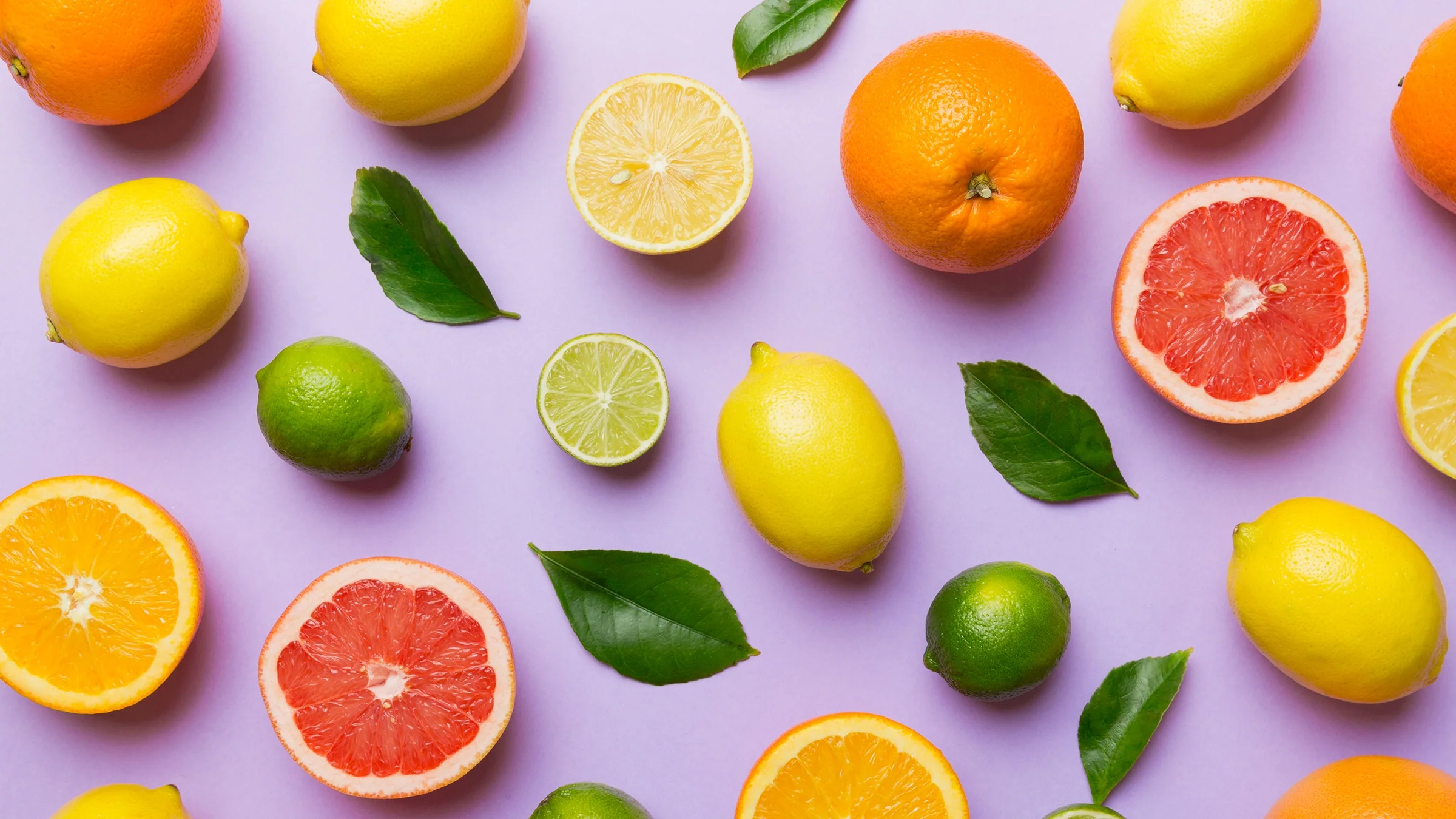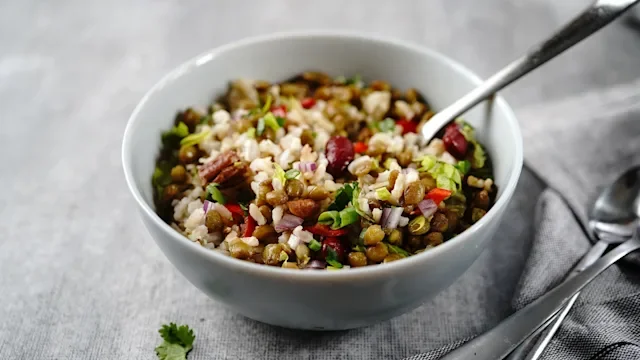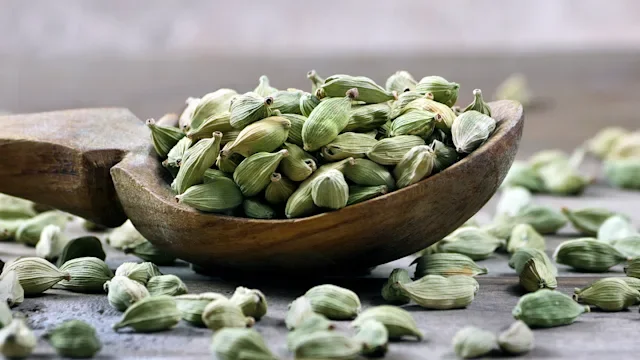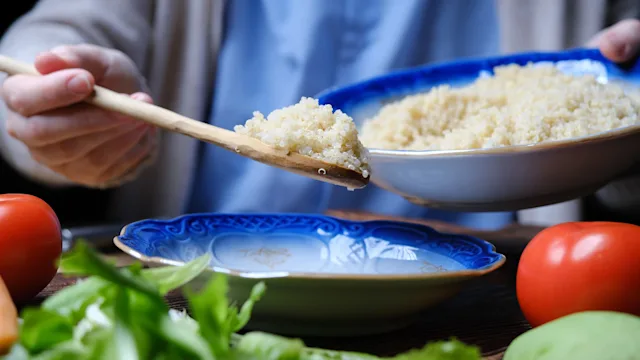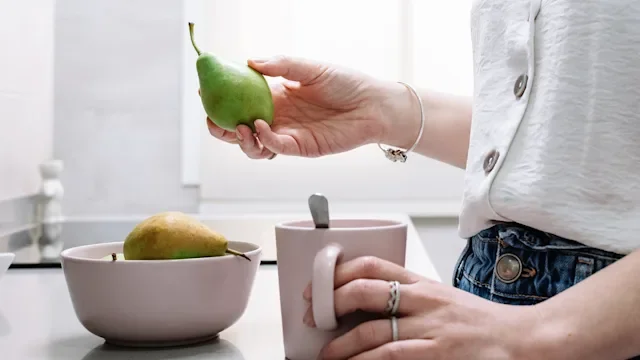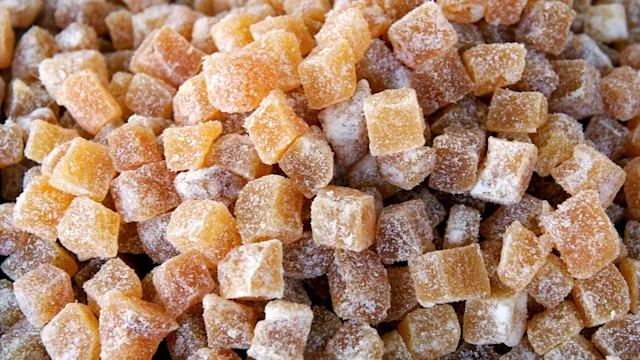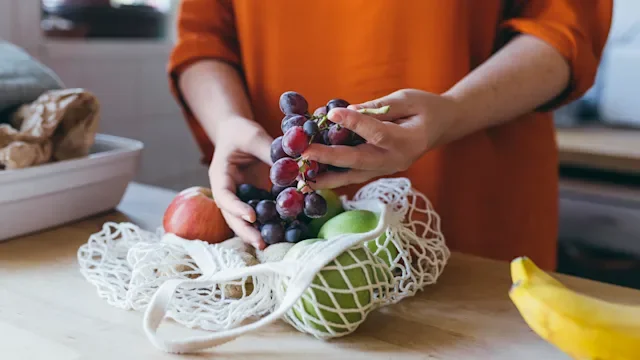Key takeaways:
Citrus fruit juices are great at reducing the bitter aftertaste that some medications leave behind.
But citrus fruits can also interact with some medications, leading to unsafe complications.
It’s always a good idea to check with your pharmacist or prescriber before washing your medication down with citrus juice.
There’s no escaping it. Many medications, like antibiotics, allergy, and sleep medications, have a bitter aftertaste. While this bitter pill aftertaste is unpleasant, it’s also normal. But the good news is that there are ways to improve the taste.
Some drinks like milk, herbal teas, or even water can help wash away bitterness. But they’re not always the most effective. Citrus juices may actually work better to neutralize that bitter pill taste. In fact, citric acid, which is naturally found in citrus fruits, is often added to medications to make them taste better.
Here are five citrus juices you can try to help get rid of that bitter pill aftertaste.
1. Grapefruit juice
The most controversial fruit belongs at the top of the list. Grapefruit juice has an intense flavor profile and high acidity that can overpower the taste of most medications. But it’s a “double-edged sword” when it comes to masking the bitter taste. Its size, cost, and global availability make it an accessible solution for chasing down pills. But grapefruit’s potential harm may outweigh its benefit.
Grapefruit’s chemical makeup interacts with many medicines, making it a less favorable choice compared to other citrus fruits. Currently, more than 85 medications on the market interact with grapefruit. Half of these interactions cause serious consequences like high levels of the medication in your blood. It’s best to check with your prescriber or a pharmacist to see if it’s safe for you to take your medications with grapefruit juice.
2. Orange juice
Orange juice is a quick and effective citrus option for masking the bitter taste of medicine. Like in grapefruits, the citric acid in oranges causes a chemical reaction that reduces bitterness on your taste buds. With its sweet flavor, orange juice can help mask the unpleasantness of some medicines. And it’s a kid-friendly option.
But like grapefruit juice, make sure to check with your prescriber before taking your medication with orange juice.
3. Tangerine juice
If you’re interested in something less common, tangerine juice is worth trying. Not only will it help stop the bitter pill aftertaste, but tangerine juice is also rich in antioxidants, nutrients, and vitamins.
Tangerine juice, like grapefruit and orange juice, may interfere with other medications. Always check with your care team to make sure it’s safe to take tangerine juice with your medications.
Read more like this
Explore these related articles, suggested for readers like you.
4. Lemon juice
Lemon juice is another popular choice for hiding the bitterness in medicine. You only need a small amount of fresh lemon juice. Take a sip before and after taking the medication to reduce the bitter taste. You can also try mixing it with liquid medication in equal parts.
If you need more than just a sip, you can make your own fresh lemonade by adding water and sugar. Lemonade is easier to drink and gentler on your teeth and esophagus since it’s less acidic. Lemon juice is less likely to interact with medications than the other juices on this list. But it’s still a good idea to check with your pharmacist or prescriber before mixing it with your medications.
5. Lime juice
A refreshing blend of sourness and citrus, lime juice complements many other fruits and flavors. Like lemon juice, take a sip of freshly squeezed lime juice before and after taking your medicine to get rid of the bitter pill aftertaste. You can also make limeade with fresh lime juice, water, and sugar.
Remember that lime juice can also interfere with your medications, so always check with your care team first to make sure it’s safe to drink with your medication.
The bottom line
Medications don’t always taste good, and sometimes the taste is downright bad. Citrus drinks are one of the most effective solutions for neutralizing the bitter taste of medications. But keep in mind that all citrus fruits can interfere with medications, so ask your pharmacist or prescriber about any interactions before taking your medication with a citrus drink.

Why trust our experts?



References
Adepoju, G. K. A., et al. (2010). Evaluation of the effect of lime fruit juice on the anticoagulant effect of warfarin. Journal of Young Pharmacists.
Bailey, D. G., et al. (2013). Grapefruit–medication interactions: Forbidden fruit or avoidable consequences? Canadian Medical Association Journal.
Huang, J., et al. (2021). The study of citrus-derived flavonoids as effective bitter taste inhibitors. Journal of the Science of Food and Agriculture.
Lambros, M., et al. (2022). Citric acid: A multifunctional pharmaceutical excipient. Pharmaceutics.
Petric, Z., et al. (2021). Food–drug interactions with fruit juices. Foods.
Sotoyama, M., et al. (2017). Citric acid suppresses the bitter taste of olopatadine hydrochloride orally disintegrating tablets. Biological and Pharmaceutical Bulletin.
U.S. Food and Drug Administration. (2021). Grapefruit juice and some drugs don’t mix.
Veldhuizen, M. G., et al. (2018). Interactions of lemon, sucrose and citric acid in enhancing citrus, sweet and sour flavors. Chemical Senses.
Yoshida, M., et al. (2019). Bitterness-masking effects of different beverages on zopiclone and eszopiclone tablets. Chemical and Pharmaceutical Bulletin.

